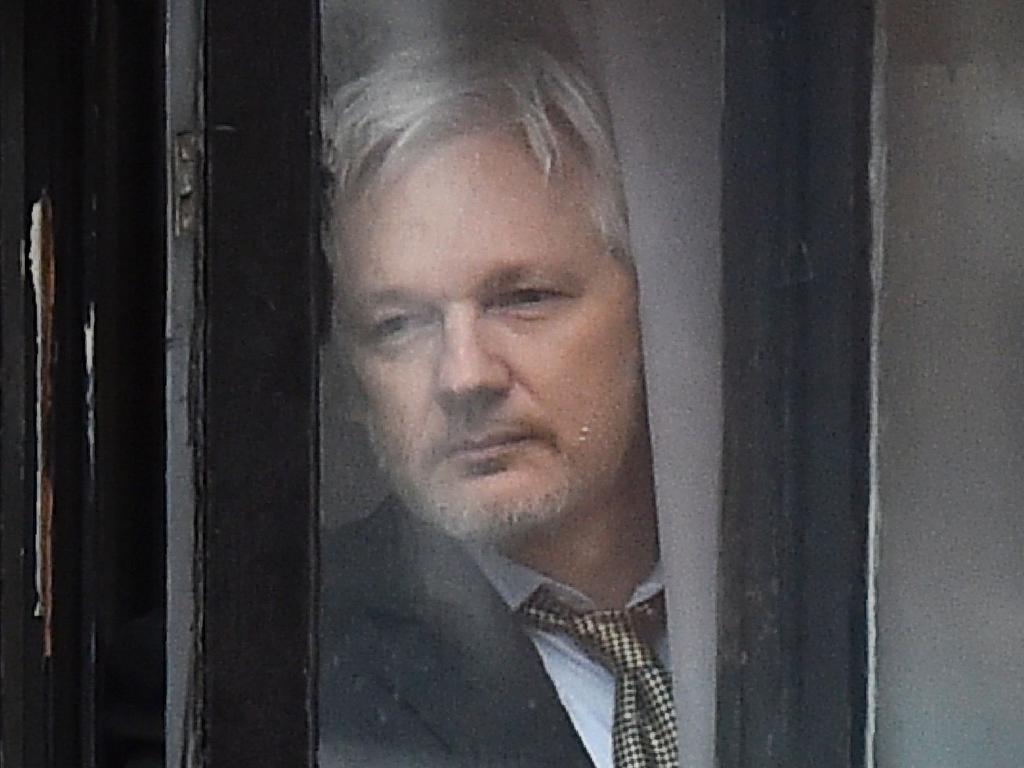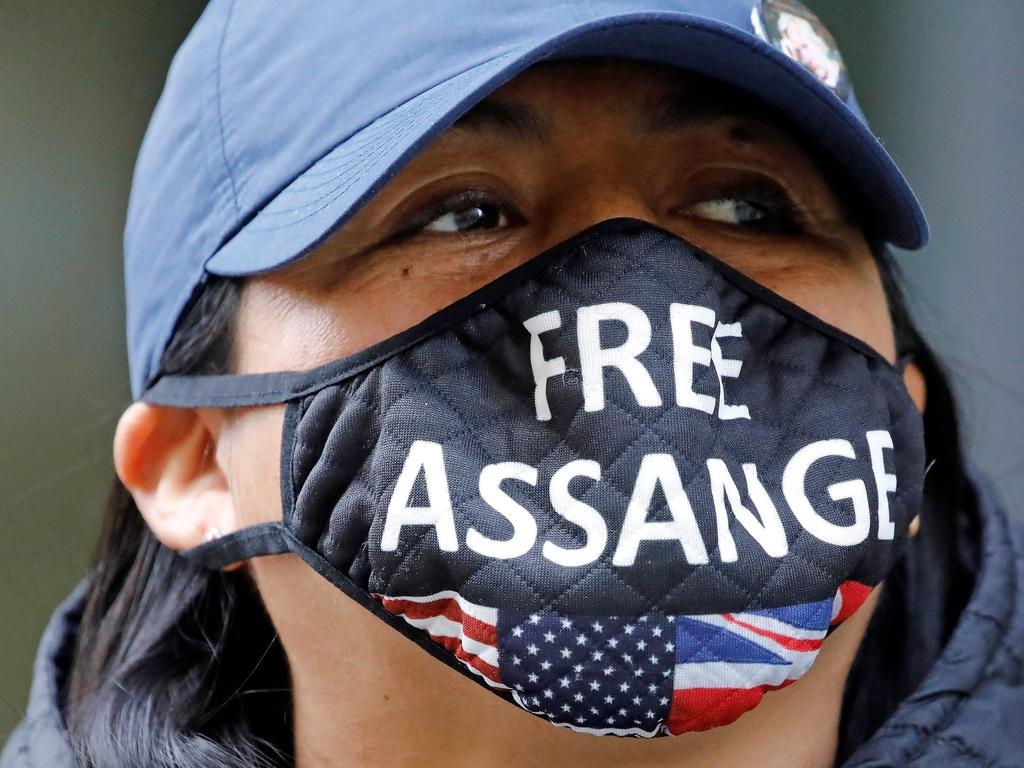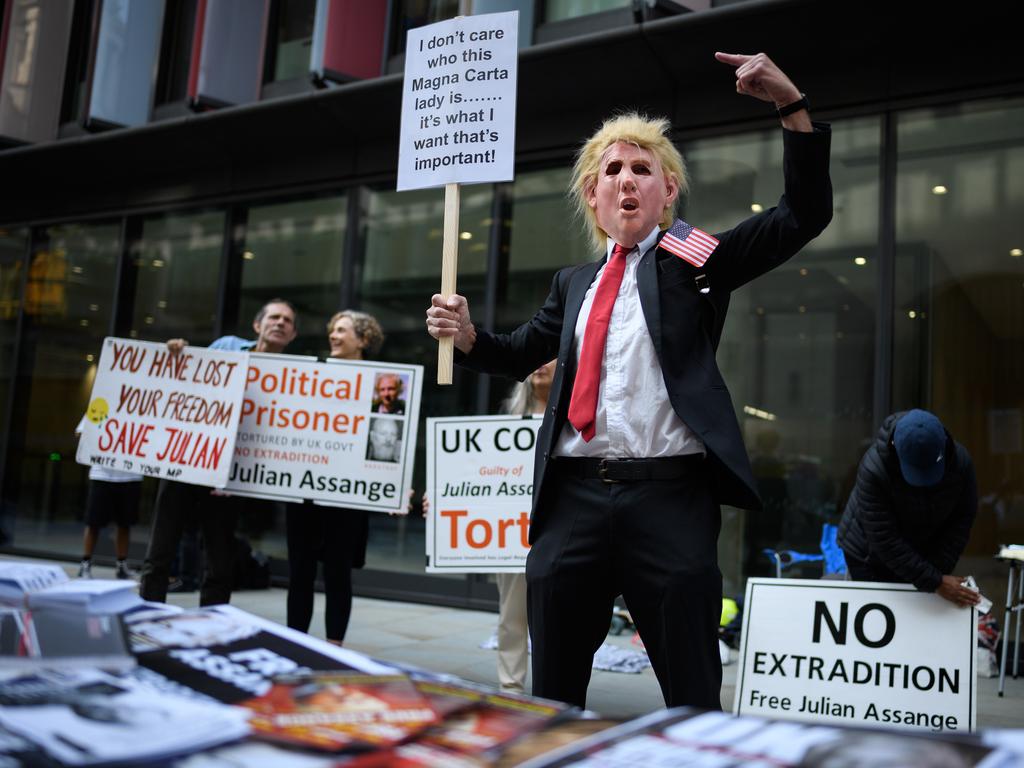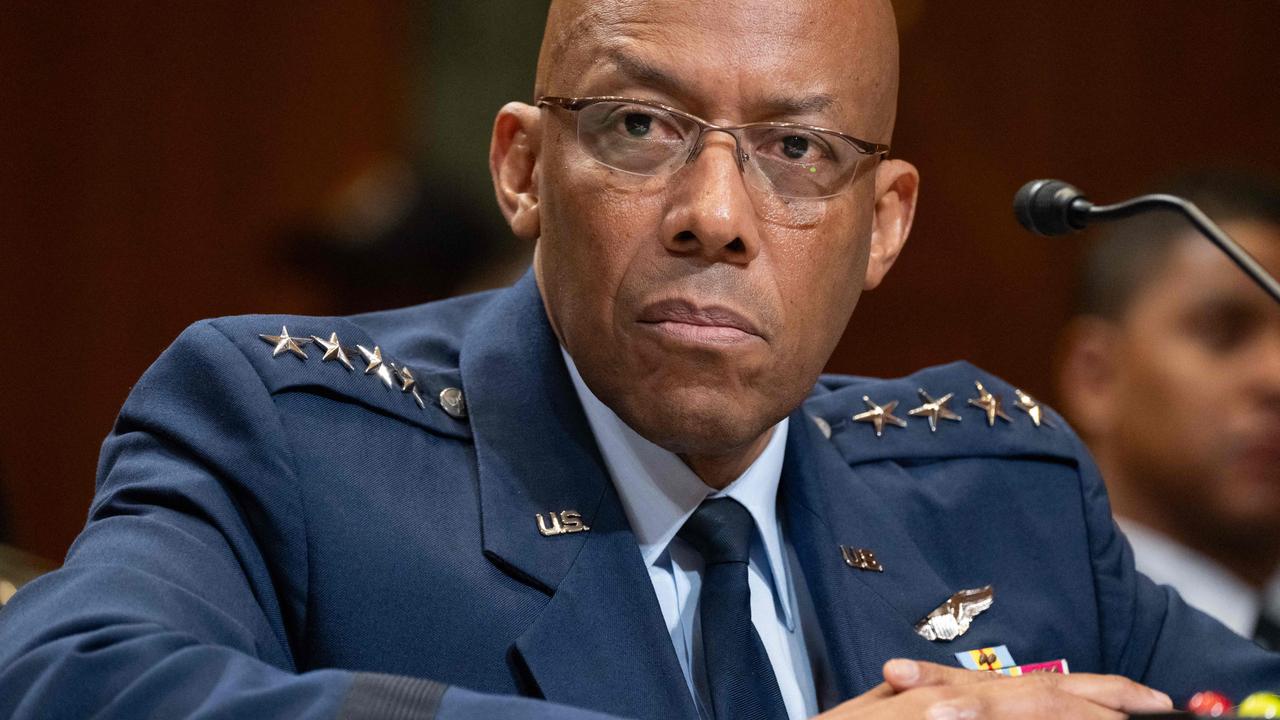Assange spent days redacting Aussie names in WikiLeaks, court told
Julian Assange spent ‘some days’ looking through leaked files to redact the names of Australian and New Zealand sources, a London court has heard.
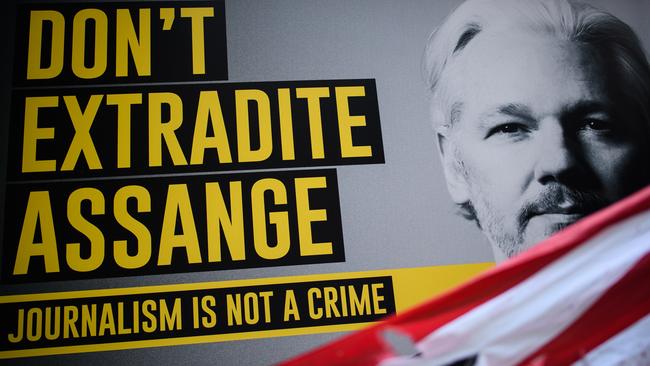
A New Zealand journalist working with Julian Assange and WikiLeaks spent “some days’’ looking through leaked files to redact the names of Australian and New Zealand sources, a London court has heard.
Nicky Hager told the Assange extradition trial at the Old Bailey that in the documents he had gone through in 2010 he redacted “a few hundred’’ Australian and New Zealand names and it took him “some days’’.
Hager told the court that it was because of the efforts Assange had undertaken to redact names and prevent unredacted publication by warning the US State department and other agencies of the files that the US authorities had time to warn sensitive sources and protect them. He believed that without those warnings there would have been “wholesale damage’’.
Hager, a well known author and investigative journalist, suggested the criteria he used was based on his own judgment and that Australia and New Zealand were “safe’’ countries and thus were considered in a different light to other countries.
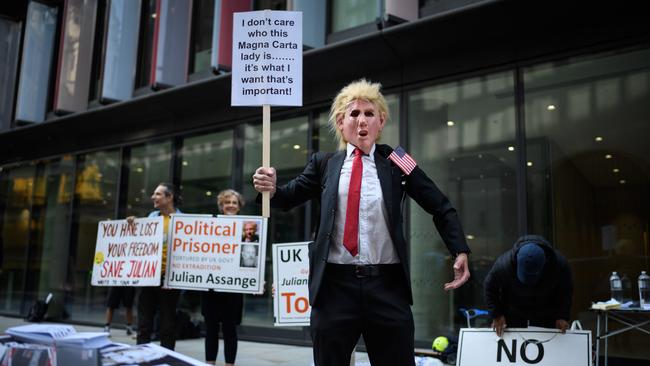
“In the context of the countries I was looking at there was no threat, there was just political embarrassment factor. Because of the countries I was looking at are different to other parts of the world,” he said.
Hager said in the time he worked with Assange and WikiLeaks he believed “they were very serious about what they were doing, being truthful and responsible”.
“My main memory was people working hour after hour in total silence, very concentrated on their work and I was very impressed with efforts that they were taking (to redact names),” he said.
“I was pleased to see the level of care they were taking.’’
When cross-examined by US prosecutor James Lewis, Hager was told it took two others more than nine months to go through the files and make redactions.
Mr Lewis said the US prosecution had a videotape of Assange at the Frontline Club in London in August 2010 where the WikiLeaks founder was saying he was not obligated to protect other sources and that when people sell information they engage in traitorous behaviour.
Hager referred in his testimony to the global impact of the publication of the collateral murder video, which shows civilians being gunned down in Iraq from an Apache helicopter, which led to changes in US military policies. He claimed it had a “similar galvanising impact as the video of the death of George Floyd”.
He said Assange’s idea was that in an era of secrecy a new type of whistleblower would address the growing imbalance between citizens and governments.
Assange is fighting extradition to the US where he faces 18 counts under the Espionage Act, and if convicted could face up to 175 years in jail.
The trial continues.



